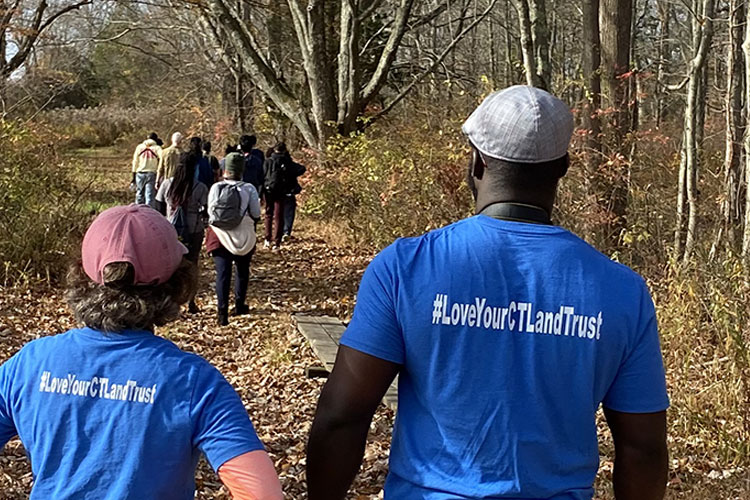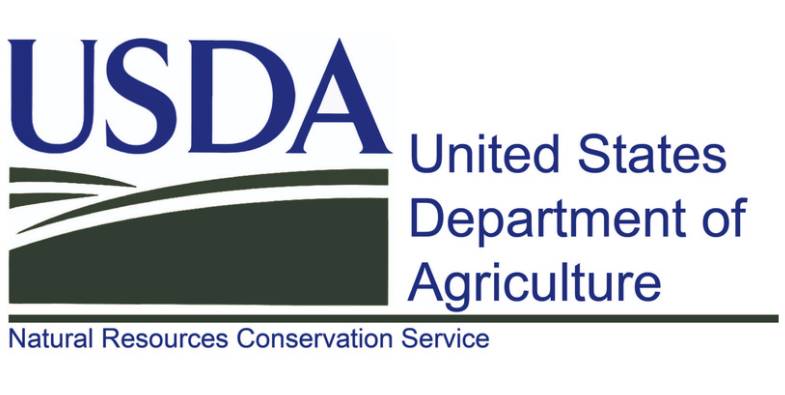
Connecticut Conservation Partnership Program (CCPP)
The overarching goal of the Connecticut Conservation Partnership Program (CCPP) is to increase the pace, quality, scale, and permanency of land conservation across Connecticut.
What is CCPP?
Administered by the Connecticut Land Conservation Council (CLCC), CCPP will establish a coordinated process by which land trust applicants to the Connecticut Department of Energy and Environmental Protection (DEEP) Open Space and Watershed Land Acquisition Grant Program (OSWA) may apply for a federal grant as a source of match funds.
How is CCPP funded?
Through its Regional Conservation Partnership Program, the U.S. Department of Agriculture’s Natural Resources Conservation Service (USDA-NRCS) has funded CCPP with $6.7 million.
What does CCPP fund?
CCPP enables land trusts that have or intend to submit an OSWA grant application to DEEP to apply through CLCC for federal match funds for their project. CCPP funds the purchase of a federal easement. The land trust may either work with the federal government (“U.S.-held easement”) or another land trust (“entity-held easement”) to hold the federal easement. (See Easement Types for a detailed comparison of U.S.-Held and “Entity-Held” Easements.)
This information will be updated regularly. Updated as of January 31, 2022.
Have Questions?
Contact Yaw Owusu Darko, Project Specialist-CCPP Administrator at yodarko@ctconservation.org
CCPP Menu
A Public-Private Partnership
The Connecticut Conservation Partnership Program (CCPP) is a public-private partnership between the DEEP and CLCC with technical assistance from Connecticut Farmland Trust (CFT) and Northwest Connecticut Land Conservancy (NCLC).
This public-private partnership program is critical to ensuring land trusts across the state have the additional resources to pursue conservation projects that protect the state’s core forests and watershed lands, agricultural lands, promote natural climate-smart solutions, and enhance the well-being of our communities.
CCPP Outcomes
- Protect freshwater and inland wetlands
- Avoid forest conversion
- Increase sequestration and storage of greenhouse gases
- Protect agricultural lands
- Protect wildlife habitat
- Provide access to land for passive recreation










